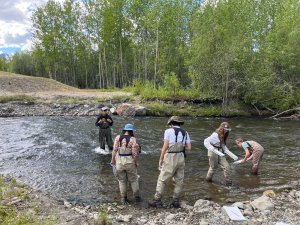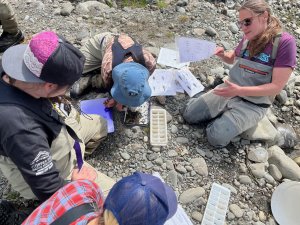“The River’s Tears” a poem by Gabriel Eskilida inspired by the Little Tonsina River

“The River’s Tears”
A poem by Gabriel Eskilida
The river hums its ancient song,
Where salmon used to swim along.
Each year they came, a silver tide,
A gift the land could not deny.
The people gathered, nets in hand,
With hope and joy across the land.
They cleared the banks; they made their space,
To greet the fish, to share the grace.
But silence fell where splashes rang,
No silver flash, no tail, no fang.
The river waited, deep and wide—
But not a single fish inside.
They asked, “Why now? What changed the flow?”
The answer lay in the roads below.
The culverts choked the water’s breath,
And turned the path of life to death.
The salmon tried, but could not pass,
Their journey blocked by steel and glass.
The stream that once had sung so free,
Now whispered loss beneath the tree.
Only when the fish were gone,
Did people see what had gone wrong.
The river gave for countless years,
But now it wept with unseen tears.
So let us act before too late,
Undo the harm, reopen fate.
Restore the streams, remove the wall,
And hear again the salmon’s call.
Let’s not wait for loss to teach,
What wisdom nature tries to preach.
Protect the fish, the stream, the land—
It’s in our hearts, it’s in our hands.
This poem is inspired by the Little Tonsina River and the often- overlooked impact of culverts on our ecosystems. We never imagined that something so seemingly small could cause such significant damage. Through this piece, I hope to raise awareness
about the challenges we face with culverts and how environmental issues often go unnoticed until they directly affect us.
—Gabriel Eskilida, YETI / Poet
This project was made possible through a partnership with the Copper River Watershed Project and the Copper River Native Association (CRNA). A heartfelt thank you to the CRNA Youth Workers for their dedication and hard work in restoring and protecting our natural environment. We also extend our gratitude to the Copper River Watershed Project for the opportunity to engage with the river and gain valuable hands-on learning experience.



